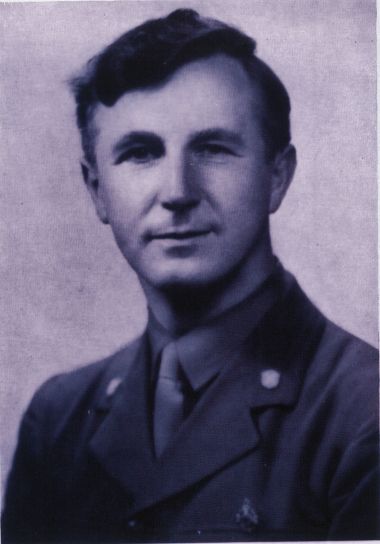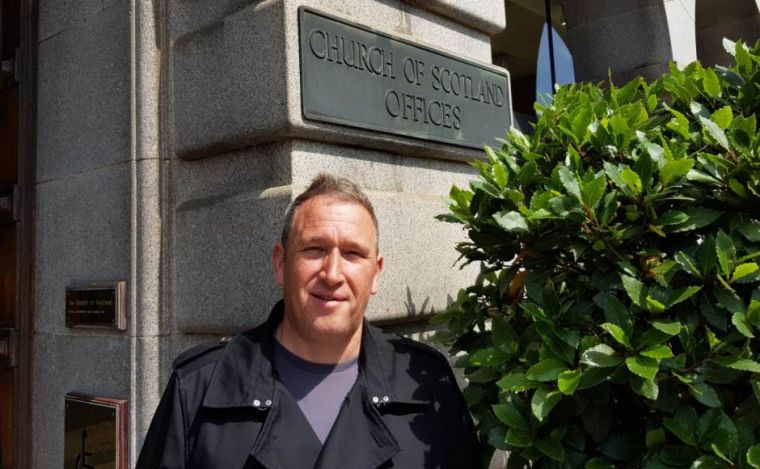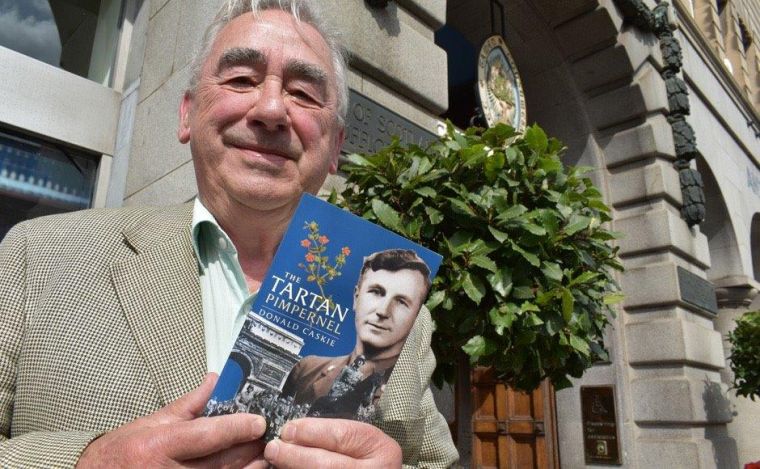Story of church minister War hero comes to the Edinburgh Festival for the first time

The moving story of a church minister who risked his life to save more than 2,000 Allied service personnel from the Nazis is being told for the first time at the Edinburgh Festival.
The Tartan Pimpernel, which runs until August 11, dramatizes the daring feat of Rev Dr Donald Caskie, who was minister of the Scots Kirk in Paris when the Germans invaded in 1940.
He bravely spoke out against the Nazis from the pulpit before fleeing to Marseille in the south of France, where he ran a Seaman's Mission, all the while secretly working with British intelligence to help Allied soldiers cross the mountainous border into Spain.
He was eventually betrayed and arrested by the Vichy Police, who banished him from Marseille. Although he was given the opportunity to return to the safety of Britain, he went instead to Grenoble where he continued his work in helping Allied forces escape under the guise of being a university chaplain.
Once again, he was betrayed and imprisoned by the Gestapo, before being sentenced to death. A German pastor intervened and in the end, the sentence wasn't carried out, although he remained a Prisoner of War until the War came to an end in 1945.
He was nicknamed the Tartan Pimpernel after the popular 1905 novel, the Scarlet Pimpernel, by Baroness Orczy, about an Englishman who rescues aristocrats from the guillotine during the Reign of Terror at the time of the French Revolution.
"The Tartan Pimpernel", the play, was written by John Hughes and is being staged at the Hill Street Theatre, with actor Graeme Dallas playing the part of Dr Caskie.


Mr Dallas said he was looking forward to bringing Dr Caskie's little known story "out into the light".
"It has been fascinating and we have met lots of members of the minister's family who came to see the play," he said.
"They brought mementoes that he gave to them to show us so we have an even greater insight into the man and his story."
He added: "He was gentle but with a streak of iron and that is why he was able to save so many servicemen."











